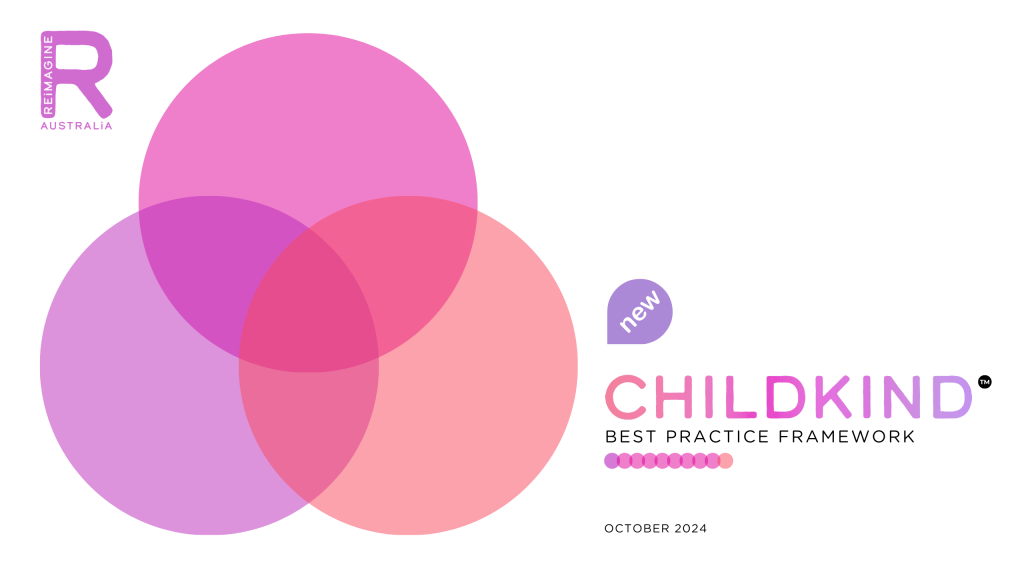KEY COMPETENCY 6.3 – BE AGILE
“I will be prepared to manage risks effectively to support children and families in times of need.”
Risk Management is the third competency under the ‘Be Agile’ Way of Working, and relates to the ‘design and delivery of services and supports‘ phase of the child’s early developmental support journey. It is important for:
Proactive Approach: By anticipating challenges, practitioners can develop contingency plans that address risks before they escalate, promoting smoother service delivery.
Informed Decision-Making: Understanding risk factors allows practitioners to make informed choices that prioritize the well-being of children and their families.
Building Trust: Transparent risk management practices foster trust between practitioners and families, reinforcing the commitment to safe and supportive care.
Risk management involves preparing for and responding to crises or emergencies that may impact the safety and well-being of children and families. It requires a proactive approach to identify potential risks, create plans for mitigation, and respond effectively when a crisis occurs.
Research discusses the importance of risk management in early childhood settings, particularly in the context of crises such as the COVID-19 pandemic. The Australian Early Childhood Management Framework (2021) also outlines best practices for risk management, emphasising the importance of preparedness and responsive action during emergencies.
Research and Further Reading:
Wong, K., Hicks, L., Seuntjens, T., Trentacosta, C., Hendriksen, T., Zeelenberg, M., … & Heuvel, M. (2019). The role of mindful parenting in individual and social decision-making in children. Frontiers in Psychology, 10. https://doi.org/10.3389/fpsyg.2019.00550
O’Neill, J. (2019). ‘whatever decision you make it will be the right one’: a parent’s reflection on difficult decision‐making in premature birth. Journal of Paediatrics and Child Health, 55(8), 885-889. https://doi.org/10.1111/jpc.14529
COMPETENCY MILESTONES
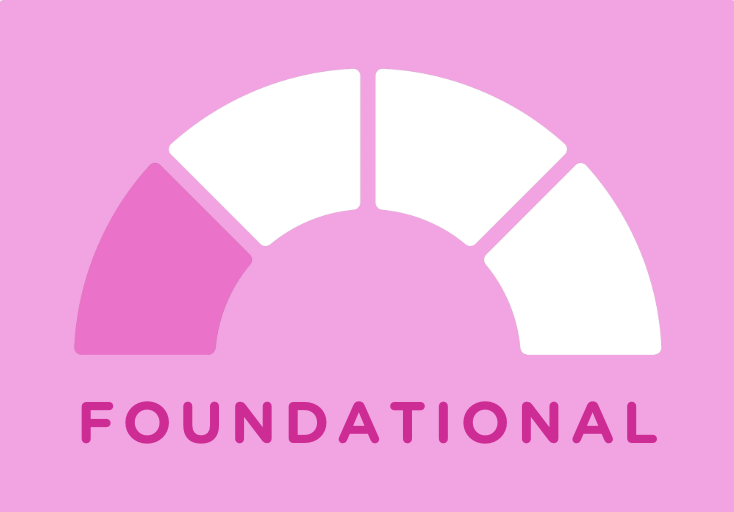
I am able to:
Identify potential risks that threaten the safety or wellbeing of individuals early and prepare to respond with understanding and respect.
Apply intervention strategies to address immediate risks and ensure safety, following established protocols and procedures with support.
Respond promptly to potential risk, coordinating resources to support affected individuals and families.
Seek supervision to discuss and address potential risks and escalate concerns as needed.
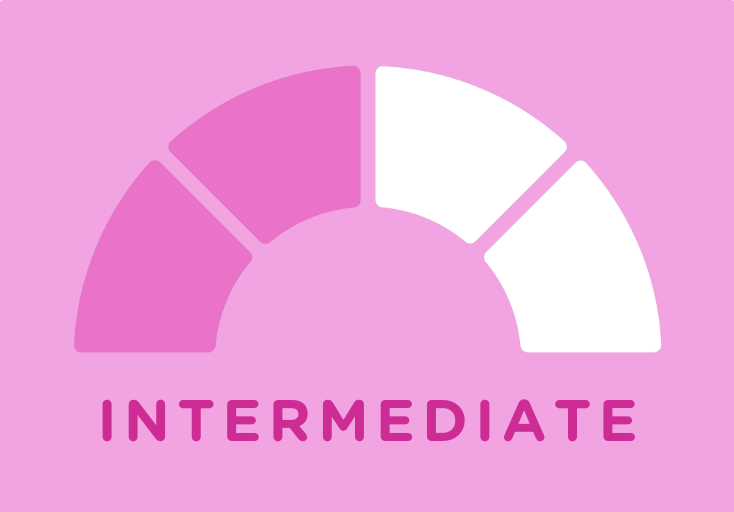
I am able to:
Implement proactive risk prevention measures by addressing contributing factors and developing tailored prevention strategies.
Intervene effectively in escalating situations, assessing risks and implementing interventions to mitigate harm and ensure safety.
Take decisive action to support individuals experiencing difficult situations, providing immediate assistance and coordinating resources for recovery.
Seek supervision to review and refine risk management strategies, ensuring timely escalation and support.
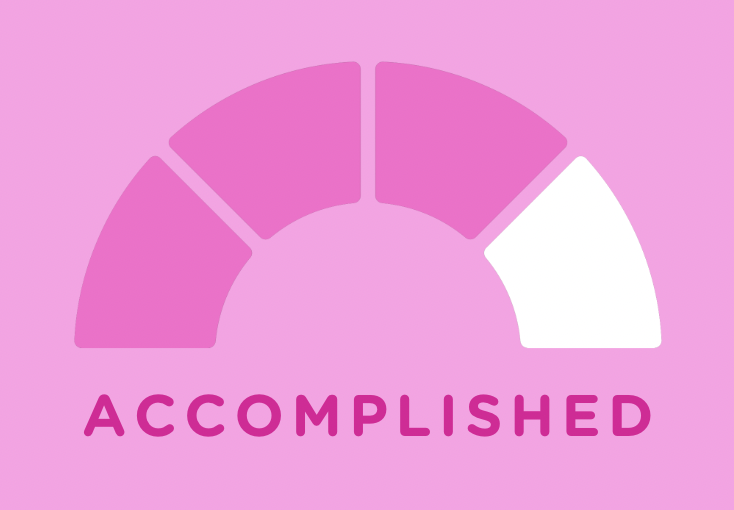
I am able to:
Lead comprehensive risk prevention efforts, managing complex risks with strategic planning and multi-agency coordination.
Develop and implement advanced risk management plans, evaluating and refining strategies to enhance risk response effectiveness.
Advocate for systemic changes to improve risk management frameworks and address root causes.
Lead regular supervision sessions to analyse complex risk situations and ensure effective escalation and resolution.
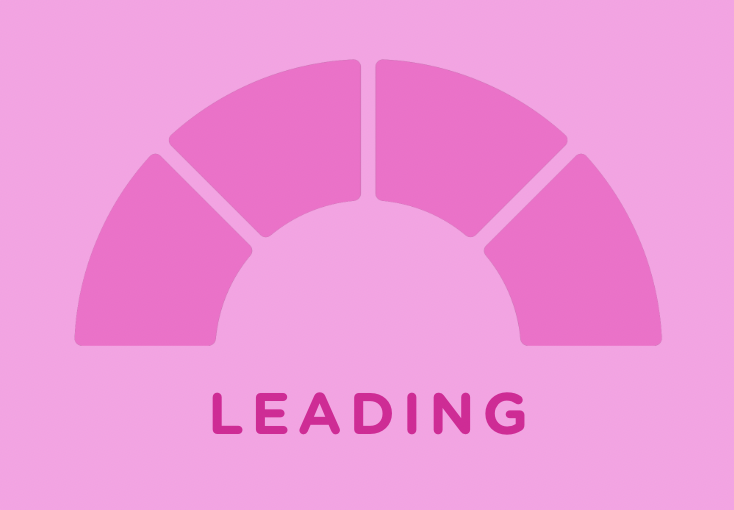
I am able to:
Evaluate gaps in existing crisis management strategies, developing and implementing approaches to for better crisis prevention and intervention.
Influence policy reforms at organisational and governmental levels, advocating for legislative changes to strengthen crisis response systems.
Build collaborative partnerships with diverse support providers to drive sector-wide improvements in crisis management and support services.
Oversee and optimise supervision processes to enhance risk management practices, ensuring robust mechanisms for escalation.
Reflection questions are a valuable tool for practitioners, promoting self-awareness, critical thinking, continuous improvement, and stronger relationships in their work with children and families. Below are some reflection questions for Key Competency 6.3: Risk Management:
How well-prepared am I to manage crises that might impact the children and families I support?
Have I developed clear risk management and emergency plans?
How have I communicated these plans to families, and how do I ensure they feel supported during crises?
Effective risk management ensures that practitioners can protect the well-being of children and families during times of crisis, minimizing disruption and ensuring continuity of care.
(Goodfellow, 2020, p. 15).
Access more information on the ChildKind Best Practice Framework with its 10 Ways of Working, 30 Key Competencies and 8 supporting Values and Behaviours here:
